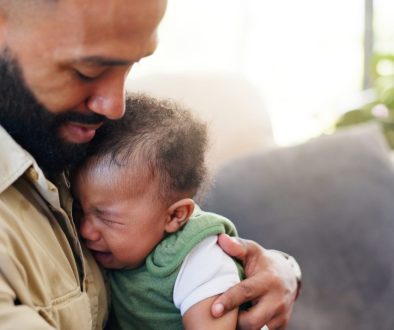Importance of a Healthy Attachment

Attachment allows children the ‘secure base’ necessary to explore, learn, relate, and the wellbeing/motivation with the opportunity to do so. Having a healthy attachment to your child is essential for their emotional, social, and cognitive development.
A secure attachment occurs when a child has a secure, consistent, reciprocal relationship with a person which is typically the child’s primary caregiver. This person can be a mother, father, grandparent, and other relatives or important caregivers. When the caregiver is sensitive to and responds to the child’s needs in ways that are warm, nurturing, and make the child feel safe, the child begins to use this person as a secure base from which to explore and, when necessary, as a place of safety and comfort.
Here are some reasons why a healthy attachment is so important:
- Emotional regulation: A child with a healthy attachment feels safe and secure in their relationship with their parent or caregiver. This sense of security helps the child develop emotional regulation skills, which are critical for managing their feelings and behaviors. They will solve problems on their own and ask for help when they are in trouble.
- Positive sense of self: Children with a healthy attachment to their parent or caregiver are more likely to develop a positive sense of self. They feel loved, valued, and respected, feel better about themselves which will help them develop self-esteem and self-confidence.
- Better social skills: Children with a healthy attachment to their parents or caregiver are more likely to develop good social skills. They learn how to interact with others, form healthy relationships, and communicate effectively leading to lasting friendships and getting along better with their friends.
- Cognitive development: Children with a healthy attachment to their parents or caregivers have better cognitive development. They have better language skills, problem-solving skills, and are better able to regulate their attention.
- Resilience: Children with a healthy attachment to their parents or caregivers are more resilient. They are better able to cope with stress, adversity, and trauma because they have a secure base to return to.
Some behaviors that build a secure attachment include:
- Being responsive and warm.
- Responding to children’s needs.
- Soothing children when they are in distress.
- Learning how to read and respond to children’s cues.
- Spending time together.
- Engaging in positive physical contact (hugging, holding, and singing).
- Playing with children.
Healthy attachments provide a foundation for positive relationships and resilience in the face of adversity. This is such a gift, and we can give it to them through our words, our interactions, and our healthy relationship.





